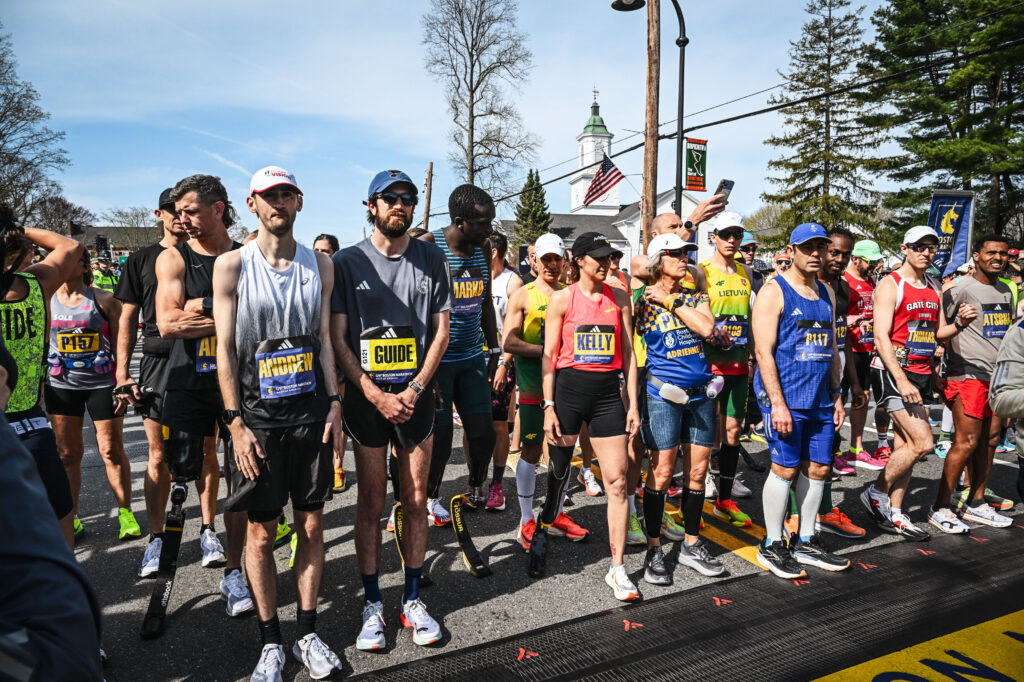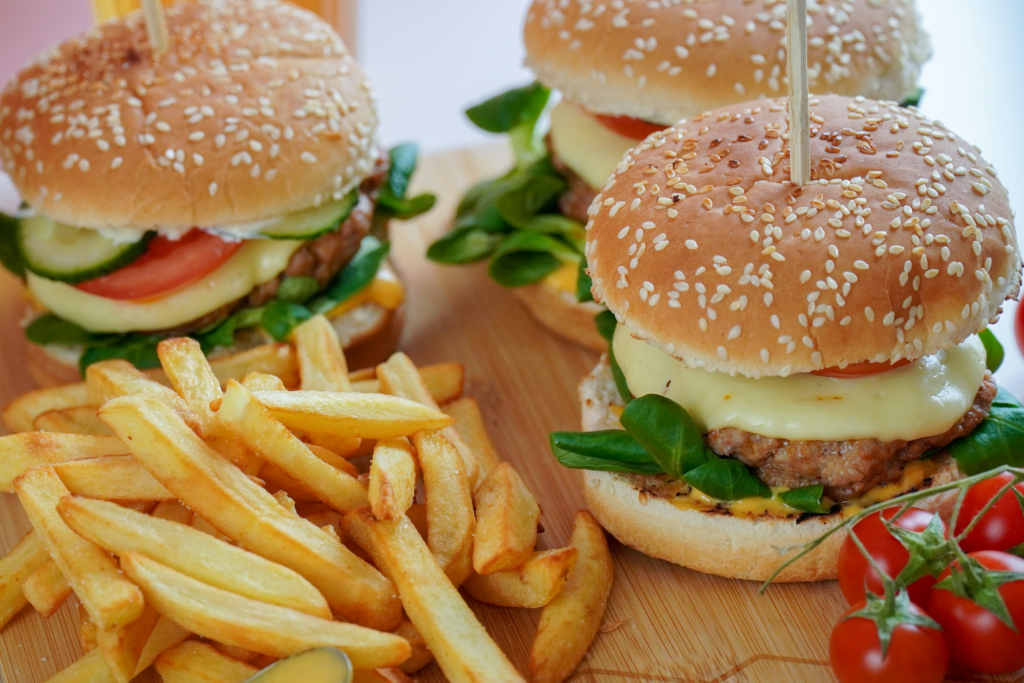We live in a culture that celebrates hustle. The late nights, the extra reps, the calendar packed with back-to-back commitments. For high-achieving women — whether you’re an athlete, a doctor, or a professional used to performing under pressure — this can feel like the only way to keep up.
But here’s the problem: when you push without recovering, your biology eventually pushes back. Fatigue, brain fog, injuries, irritability, even burnout.
The truth is, your body isn’t built to live in constant stress mode. Stress itself isn’t bad. In fact, stress is what makes us grow. But to thrive, you need to complete the cycle — pairing stress with recovery. That’s where true performance and longevity live.
In this article, we’ll explore the science of stress and recovery:
- How the stress cycle actually works.
- Why your body’s recovery systems are the hidden key to performance.
- The role of sleep, nutrition, movement, and nervous system regulation.
- Practical strategies (and tools I personally use in My Resilience Toolkit) to prevent burnout and show up at your best.
Understanding the Stress Cycle
Stress is not just “feeling busy” — it’s a whole-body physiological response.
When your brain perceives a challenge (an approaching deadline, a hard workout, even an unexpected text), your hypothalamic-pituitary-adrenal (HPA) axis kicks in. Cortisol and adrenaline flood your system, your heart rate increases, your muscles tense, and your blood sugar rises. You are primed for action.
The effect is adaptive — in the short term. But the problem comes when you never fully exit the stress cycle. If your system stays “on,” cortisol remains elevated, and you enter what scientists call allostatic load: the wear-and-tear on your body from chronic stress.

Research shows chronic activation of the stress response leads to:
- Sleep disruption (cortisol interfering with melatonin production).
- Impaired recovery (muscles don’t rebuild as efficiently).
- Brain fog (stress hormones shrink the hippocampus, the memory center).
- Immune suppression (increased inflammation, lower defense).
👉 Recovery is not a luxury. It’s the biological reset button that closes the stress cycle. Without it, stress becomes damaging instead of adaptive.
Key takeaway: Stress isn’t the enemy. Incomplete stress cycles are. Recovery is how we bring the body back to balance.
📖 If this resonates, I dive deeper into the myth of toughness in my blog Redefining Strength as Flexibility, Not Force.
Energy Management vs. Time Management
Most high achievers think their biggest resource is time. But I would argue that the real currency is energy.
Research on ultradian rhythms shows that our bodies naturally cycle through 90-minute windows of focus and energy, followed by a need for rest. Ignore those signals, and performance drops. Honor them with breaks, and your productivity and creativity soar.
Think of it like training: no athlete does intervals without rest. Recovery isn’t wasted time; it’s what makes the next effort possible.
The Science of Recovery
So how do you actually recover? Science points us to four powerful levers: sleep, nutrition, movement, and nervous system regulation.
1. Sleep: Your Ultimate Recovery Tool
Sleep isn’t just “rest.” It’s an active recovery state where your body and brain repair.
- Deep sleep (slow-wave sleep) is when your body releases growth hormone, repairing muscles, bones, and tissues.
- REM sleep is when your brain consolidates learning, memory, and emotional regulation.
- Sleep cycles (90–110 minutes each) repeat 4–6 times per night, and if disrupted, you miss critical recovery windows.
Studies show athletes who extend sleep (9–10 hours) improve reaction time, endurance, and accuracy. For high-pressure professionals, sleep deprivation is linked to impaired decision-making and slower problem solving.

Practical Sleep Recovery Tips:
- Anchor your circadian rhythm: wake up at the same time daily (even weekends).
- Create a wind-down ritual: I use the 5-Minute Journal in the evening to offload thoughts and transition my mind.
- Optimize your wake-up: A sunrise alarm clock supports natural cortisol rhythms (instead of jarring alarms).
- Track your recovery: Devices like the Oura Ring or the Garmin Fenix can help you see how much deep vs. REM sleep you’re actually getting.
2. Nutrition: Fuel for Stress Adaptation
Your body’s ability to recover from stress depends on whether it has the right resources.
Key recovery nutrition principles include:
- Glycogen replenishment: After a hard physical (or mental) effort your brain and muscles run low on glucose. Be sure to taken in enough complex carbs + protein afterwards for sufficient replacement.
- Micronutrient support: Stress burns through B-vitamins, magnesium, and antioxidants, which can worsen fatigue and recovery. Consume a diverse diet and supplement as needed.
- Protein timing: Adequate protein (20–30g per meal) supports muscle repair and neurotransmitter production.
- Recovery-friendly foods include:
- Magnesium-rich leafy greens, nuts, and seeds, which have calming effect on the nervous system.
- Omega-3 fatty acids (salmon, chia, flax) to reduce inflammation.
- Antioxidant-rich berries to combat oxidative stress.
3. Nervous System Regulation: Turning Stress “Off”
Even if you eat and sleep well, if your nervous system never downshifts, you’ll stay wired. The parasympathetic nervous system (PNS) is your “rest and digest” mode. Activating it is essential to exit the stress cycle.
Science-backed practices that activate the PNS and signal an end to the stress cycle include:
- Breathwork: Slow exhales (like 4–6 breathing) reduce heart rate and cortisol.
- Movement: Walking, yoga, and mobility work signal safety to the body.
- Cold exposure or contrast showers: Stimulate vagus nerve activity and stress resilience.
- HRV training: Heart rate variability (HRV) is a marker of recovery. Practices like meditation can improve HRV.
Research from Stanford shows that even 5 minutes of slow, intentional breathing can improve stress recovery. This isn’t about sitting still for hours — it’s about building micro-resets into your day.
📖 Related read: Redefining Strength as Flexibility, Not Force — flexibility in body and mind go hand-in-hand.
Stress & Performance: The Athlete’s Advantage
Athletes have long understood the training principle: stress + recovery = growth. Without recovery, you plateau or break down. Professionals, however, often ignore this. We push endlessly, forgetting recovery is not wasted time — it’s performance time. One study from 2021 showed that surgeons in sleep deprived states had diminished performance when performing tasks that required higher cognitive demands. Another study found that moderate to severe sleep deprivation (defined at 17-19 hours without sleep) demonstrated cognitive impairments similar to being legally drunk. In contrast, individuals who are identified as flexible stress responders (that is, they recover quickly) have better long-term performance in both cognitive and physical tasks.
👉 Translation: If you want to perform like an elite athlete in your career, your recovery practices are non-negotiable.
Practical Recovery Tools for High-Pressure Lives
The science is clear, but what matters most is making it actionable. Here are a few simple practices that fit into real life:
- Morning Ritual: Start the day anchored. I use the 5-Minute Journal, a short meditation on Insight Timer, and a light movement session instead of diving straight into email.
- Micro-breaks: 3–5 minutes of breathing between meetings (or patient visits) keeps cortisol spikes from stacking up.
- Break it up: Listen to your ultradian rhythm and plan for a walking or stretching break every 90 minutes.
- Sleep hygiene: A sunrise alarm clock and blackout curtains help regulate your circadian rhythm.
- Track recovery: Tools like the Oura ring and HRV4Training can gamify sleep and HRV recovery.
- Mindset growth: Books like Grit by Angela Duckworth and Do Hard Things by Steve Magness can reshape how you see challenge — not as a threat, but as an opportunity to adapt.

Connecting the Dots
This is only a piece of a bigger conversation I’ve been sharing. In Redefining Strength as Flexibility, Not Force, I talked about how adaptability is more sustainable than trying to be “unbreakable.”
This article builds on that foundation by showing you how adaptability works in your body. Stress is inevitable. Recovery is where you reclaim your energy, clarity, and strength.
When you start working with your physiology — respecting stress as a signal, and recovery as a performance enhancer — you stop burning out and start thriving.
Reflection & Reset Practice
Take a moment to reflect:
👉 Where are you spending energy without replenishing it?
Now, let’s practice a reset:
- Place one hand on your chest, one on your belly.
- Inhale gently for 4 counts, feel the belly rise.
- Pause briefly.
- Exhale slowly for 6 counts.
- Repeat 3 times.
Notice how your mental and physical state begins to shift with just a few breaths. Feel the effects of recovery in action.
Putting it into Practice
Choose one recovery practice to add to your routine:
- Set a consistent bedtime and wake up time (even on the weekends)!
- Add a short walk after lunch.
- Try the 5-Minute Journal first thing in the morning to begin your day with gratitude.
- Practice 1 minute of deep breathing before your next meeting.
Remember: recovery isn’t optional. When you work with your biology, you don’t just survive stress — you thrive through it.
Final Thoughts
The women I coach often tell me they don’t have time to recover. But the science says you can’t afford not to. Every minute you spend on recovery amplifies the impact of the hours you spend performing.
Stress is unavoidable. But burnout isn’t. With the right recovery practices — grounded in science, and tailored to your life — you can achieve big goals without sacrificing your health, joy, or identity along the way.
And that’s not just good performance. That’s a better way to live.
📖 Next Read: Redefining Strength as Flexibility, Not Force
🛒 Explore: My Resilience Toolkit on Amazon








